Foot calluses are a nuisance for some and debilitating for others.
Many people live years merely tolerating the discomfort with a longing for relief.
Fortunately, some products can help alleviate the pain and heal these nagging abrasions.
Foot Calluses
Foot calluses are tough, thick patches of skin caused by pressure, friction, or other sources of irritation to the feet.
Calluses show up anywhere on the feet, but can usually be found on the heel, ball, soles, and sides/bottoms of toes.
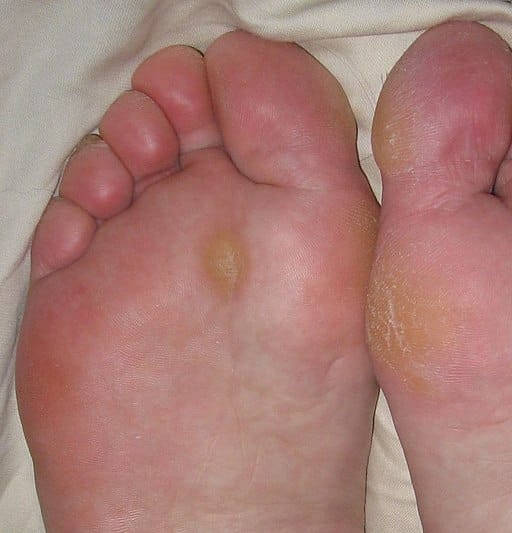
Foot calluses are the body’s response to protect underlying skin from further injury and irritation.
Calluses are not typically painful, rather flat, hard, thick areas of skin.
Corns are deeper than calluses and can be painful when friction or pressure is applied.
Topical Foot Products for Callus Removal
- Callus remover creams and lotions
- Callus remover gels
Callus Remover Creams and Lotions
Callus remover creams and lotions work to dissolve dead skin cells and keratin, the sticky substance that forms the outer layer of hard skin or callus. The use of creams and lotions make the removal of calluses much more manageable, especially after a soothing foot soak first to soften the hard skin.
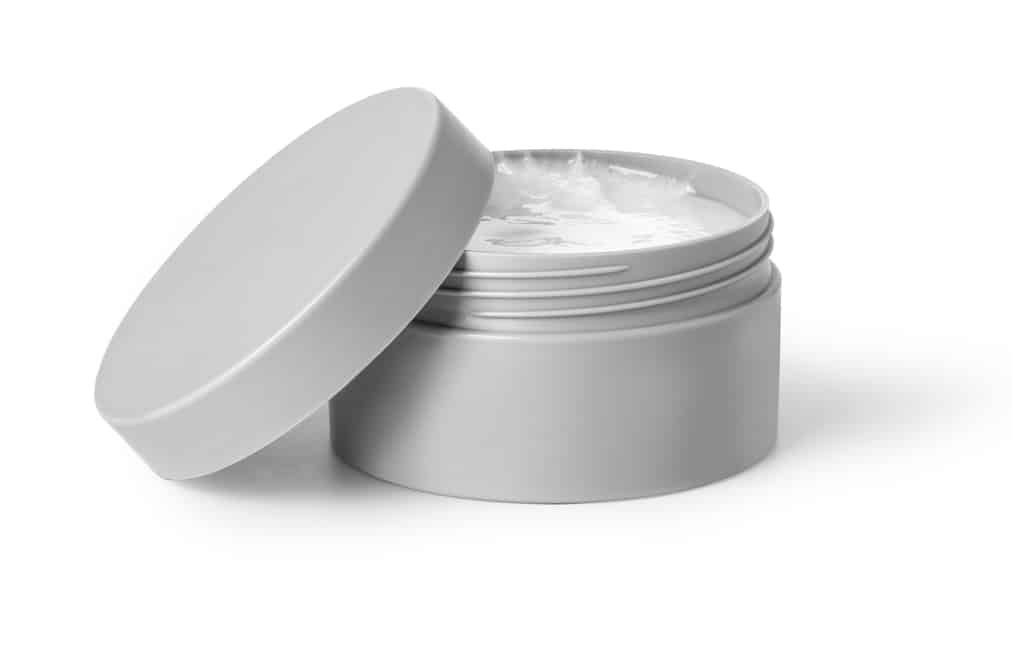
The second thing a callus remover cream or lotion does is to increase hydration and retain moisture in dry, scaly or cracked skin. Moisture retention promotes faster healing and growth of new, healthy skin.
You can use creams and lotions with a pumice stone or foot file for even faster results in removing calluses from anywhere on the feet.
Callus Remover Gels
Callus remover gels work best after soaking your feet for at least 5 minutes in warm water, along with Epsom salts, healing/antiseptic oils, or soothing baking soda to combat itchiness.
Once the skin softens, dry your feet completely by patting with a clean, dry towel.
Wear gloves while applying a liberal amount of gel to calluses on the feet. Let soak in for 1-2 minutes and wipe off excess amounts of gel.
Using light to medium pressure, exfoliate with either a pumice stone or foot file to slough off dead skin and outermost layers of the callus. The skin will be visibly smoother and softer to the touch.
Re-apply 1 to 3 times per week as needed. Discontinue treatment in the event of an allergic reaction, rash, redness, irritation, or itching.
Key Active Ingredients
Urea 40%
Urea is a skin softener. Urea can also treat other skin conditions such as psoriasis or eczema, which also show up frequently on the feet.
Urea works by increasing moisture in the skin, making it much easier to dissolve and soften the dead skin cells which stick together to form the callus. Once the dead skin dissolves and softens, it can be removed by exfoliation.
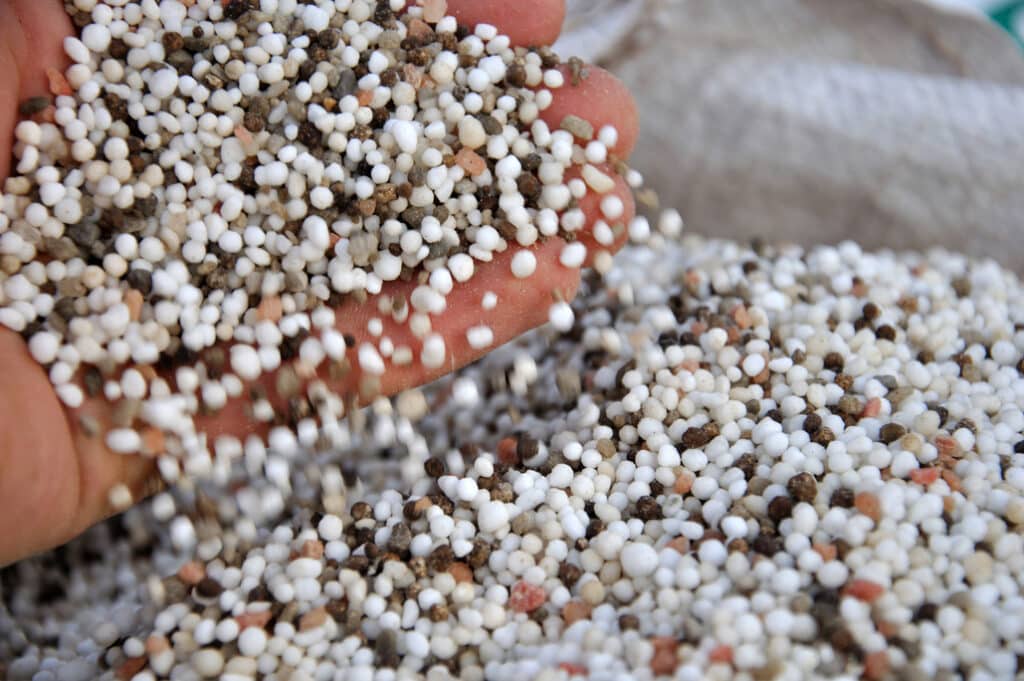
Once softer skin appears, Urea keeps more moisture in, allowing the newly exposed underlying skin to remain soft and hydrated.
You can also use Urea cream to reduce skin itchiness and dryness.
Depending on your skin type and sensitivity, possible side effects of Urea are redness/irritation, itching, or a burning sensation.
Never use Urea on skin that is cracked, cut, infected, raw, or in any way irritated.
Tea Tree Oil
Tea tree oil, also called melaleuca oil, is a healing essential oil derived from leaves of the Australian tea tree. It is known for its antibacterial and anti-fungal qualities.
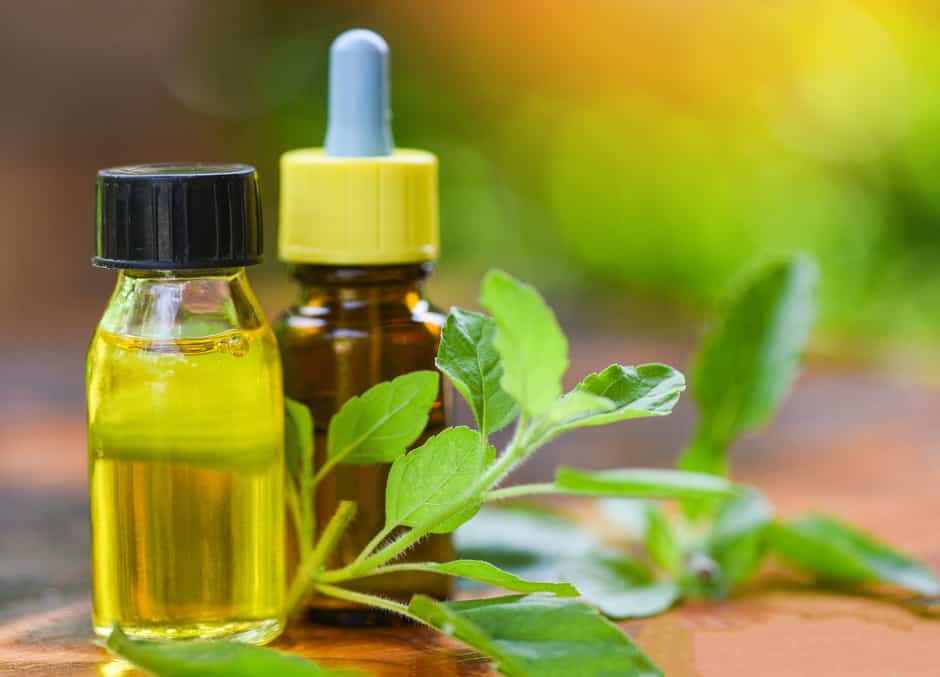
Tea tree oil is widely used to treat athlete’s foot, psoriasis, eczema, and other foot fungus related issues. It is used as a healing foot soak additive and helps control foot odor. It reduces itching and restores dry, scaly skin.
After a tea tree oil foot soak, the skin is softened enough for easy removal of calluses, especially rough heels of feet.
Coconut Oil
When using essential oil for softening, exfoliating, and moisturizing your feet, you need both an essential and carrier oil. A carrier oil works with the necessary oil for more excellent absorption into skin layers. Coconut oil, while effective on its own, is also a carrier oil for the essential tea tree oil.
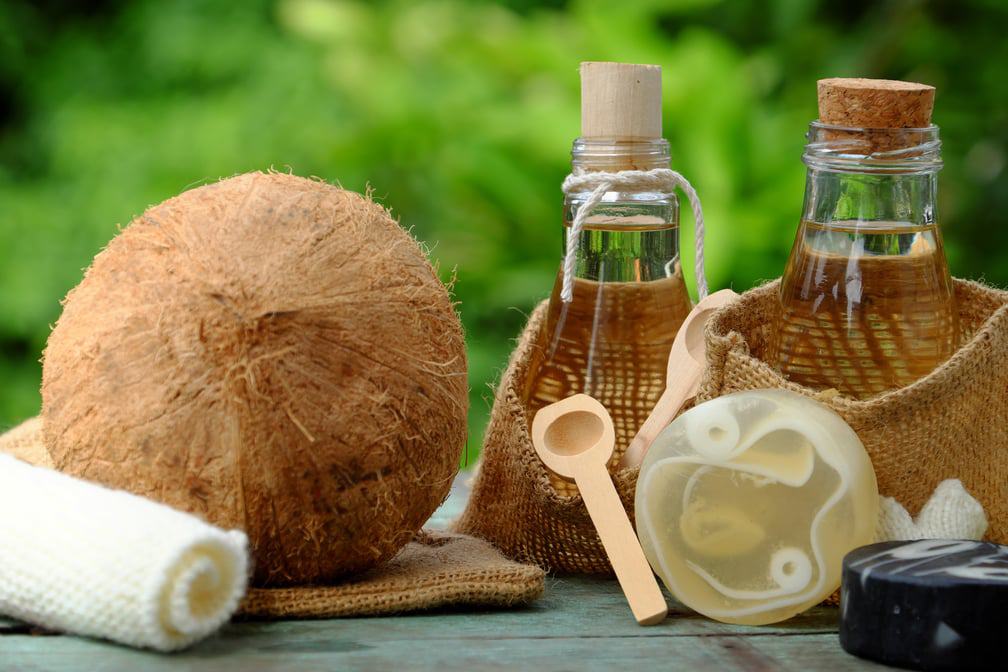
By itself, coconut oil is used to soften feet in a foot soak for easier removal of calluses. It leaves the skin extremely supple and soft, especially when rubbed into the feet and covered with clean, cotton socks overnight.
The next morning be sure to wash and completely dry your feet for velvety smooth, healthy-looking feet.
Coconut oil smooths cracks, relieves dryness, and hydrates the skin to help prevent calluses.
Aloe Vera
Aloe vera gel is known for its healing, antiseptic qualities for the skin. Used to soothe burned skin, it also restores hydration and acts as a moisturizer.
Aloe vera works to soothe dry skin while helping to shed dead skin. It heals, restores cracks, and helps stimulate collagen.
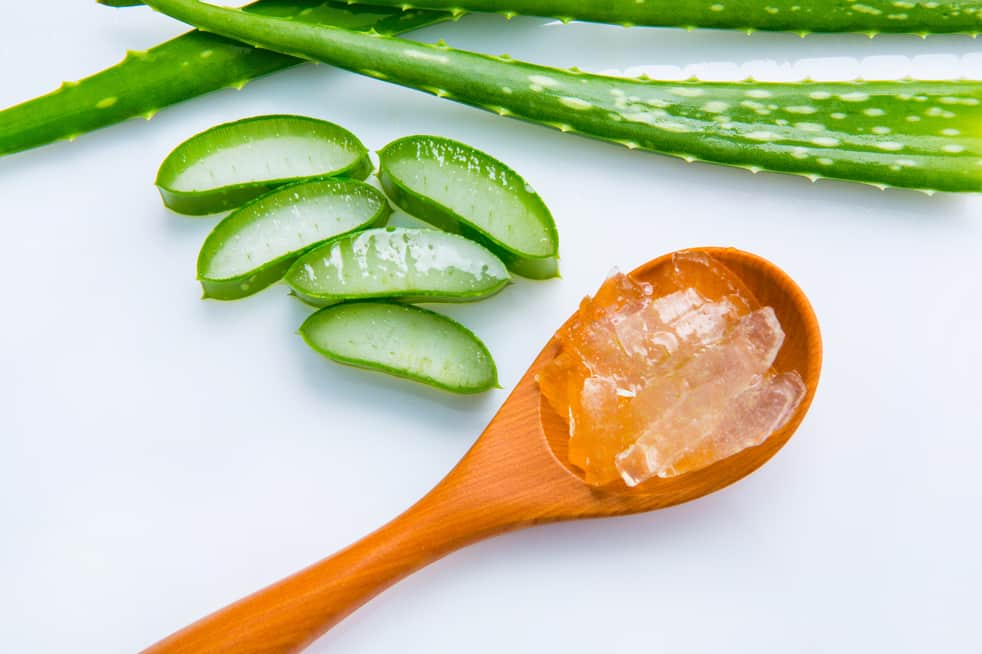
Combining ingredients such as an anti-fungal like tea tree oil with soothing aloe vera delivers a double-whammy for your feet. While tea tree oil works to kill fungus and soften skin for removal of calluses, aloe vera works to prevent dryness and scaly skin.
Side Effects of Callus Remover Cream
Depending on skin sensitivity and any potential allergic reactions, side effects can include redness/irritation, itching, rashes, and a burning or tingling sensation in the skin.
Wear gloves when applying callus remover creams, lotions, or gels to avoid injury or burning to hands.
Wear gloves as protection from callus remover products getting near eyes, nose, or mouth to avoid potential ill effects from internal ingestion.
Best Creams, Lotions, and Gels
The best callus remover cream, lotion, or gel is one that works best with your skin type to soften calluses for easy removal, promote healing, and keeps your skin hydrated and moisturized.
It boils down to how best to accomplish your primary foot care goals, and your preference of using a cream, lotion, or gel along with your favorite exfoliation tools to achieve them.
